6. Edit
There is no way around this. By now, you have completely fallen in love with what you have created. (I was so tempted to write, ‘as you would a child’ and you can’t see the blemishes – but I don’t really want the possible feedback about psychology 101!)
Every time a family member or dearest friend reads it, they will look through rose-coloured glasses and tell you how fabulous you are and how clever you are proving to be! They are right.
You have, of course, followed some conventions of writing, haven’t you? You have already checked the punctuation, spelling and grammar is appropriate. The page layout is pertinent and you are lulling your reader into a state of comfort by allowing recognition of something familiar. ‘Ah, this indeed is a children’s picture book!’
Take a breath. Now, think… Without this emotional attachment, possibly (actually, it is highly likely) you may have been given some feedback of use? A word singled out that may strike a discordant note in your otherwise mellifluous manuscript? A query raised about a slight lack of credibility via the actions or intent of your main character? Questions raised rather than answered in response to your choice of location and time frame for an event? Has every single word earned its place? Does the language sound fluid and melodic? Does it make you feel like crying when you read it?
Outsource the editing and don’t spare any expense. It really is a black and white moment with no shades of grey! Editing is possibly the single identifier of work of quality. Lack of editing is symbolic of irreverence for your reader – they deserve the very best having invested their time and money into your work!
x
Have fun!






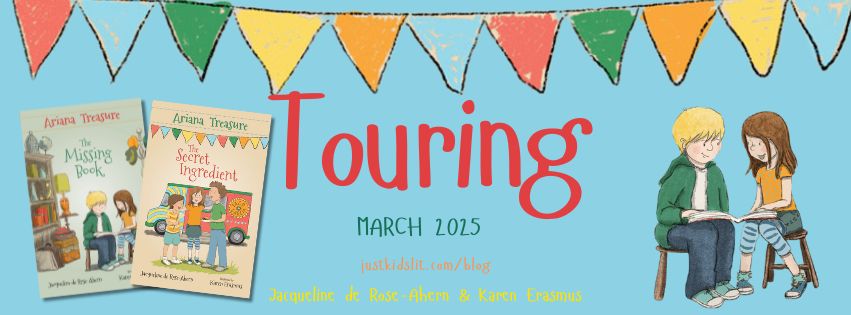
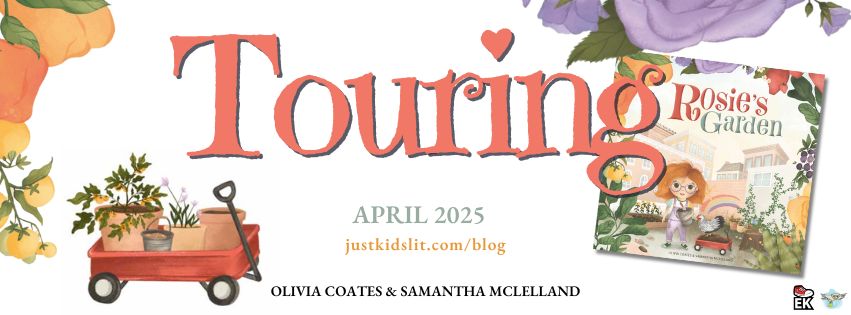
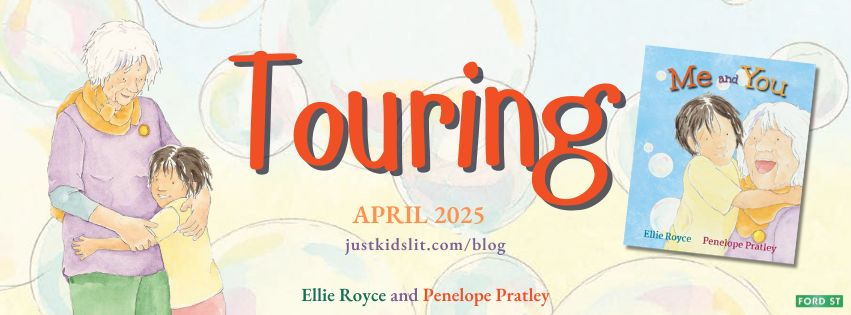
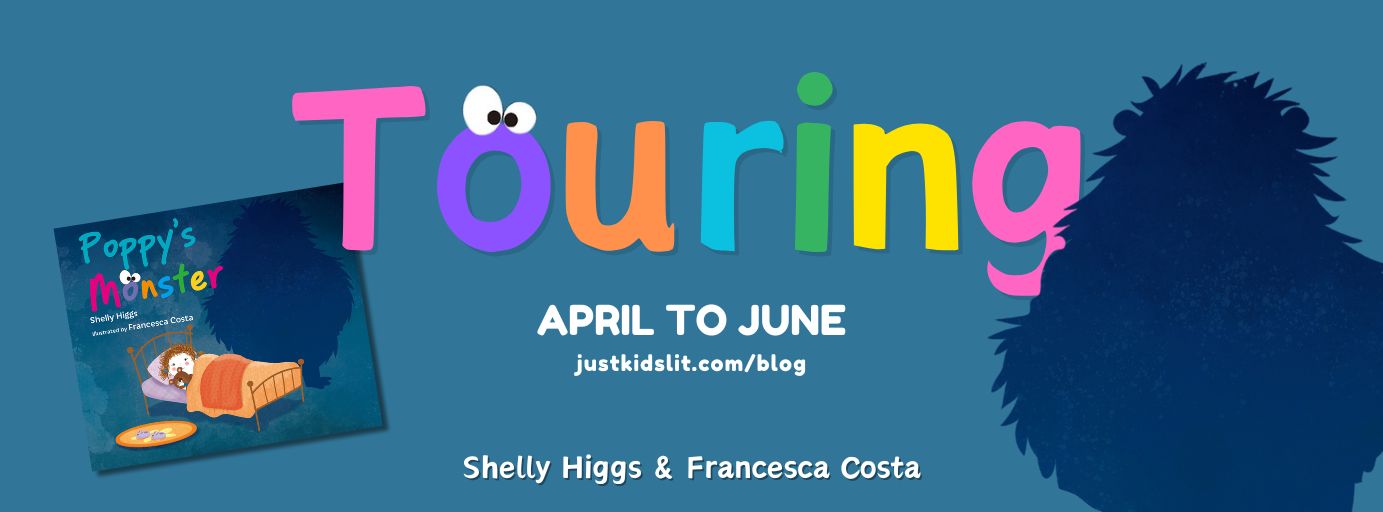
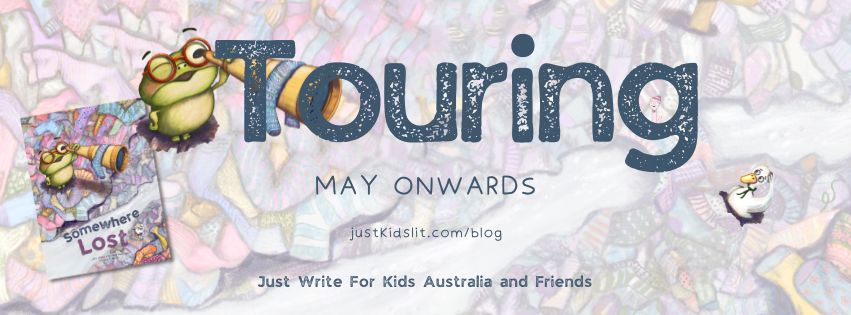





One thought to “You have the right to see your words in print! Step Seven”
So true, thanks Emma! I review quite a few books that are inventive and interesting but for the lack of a good edit. The writing can get in the way so much that you don’t want to continue past the the first few pages – no matter how great the story.